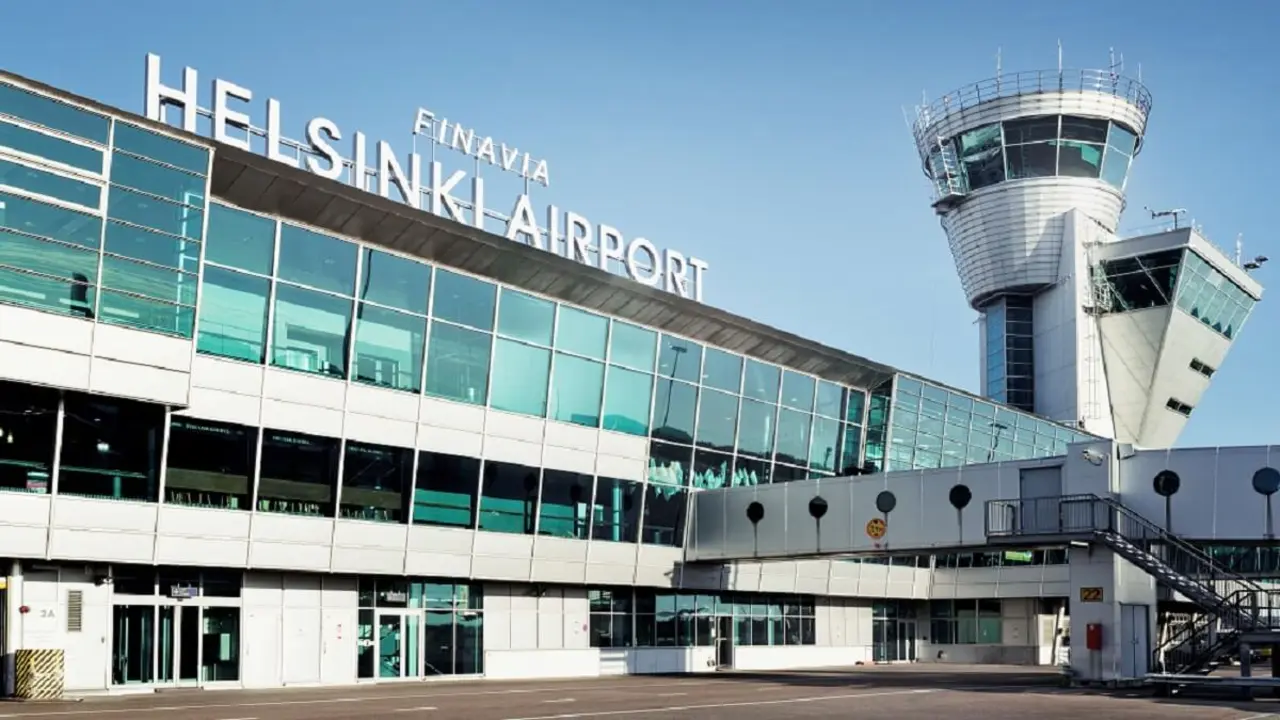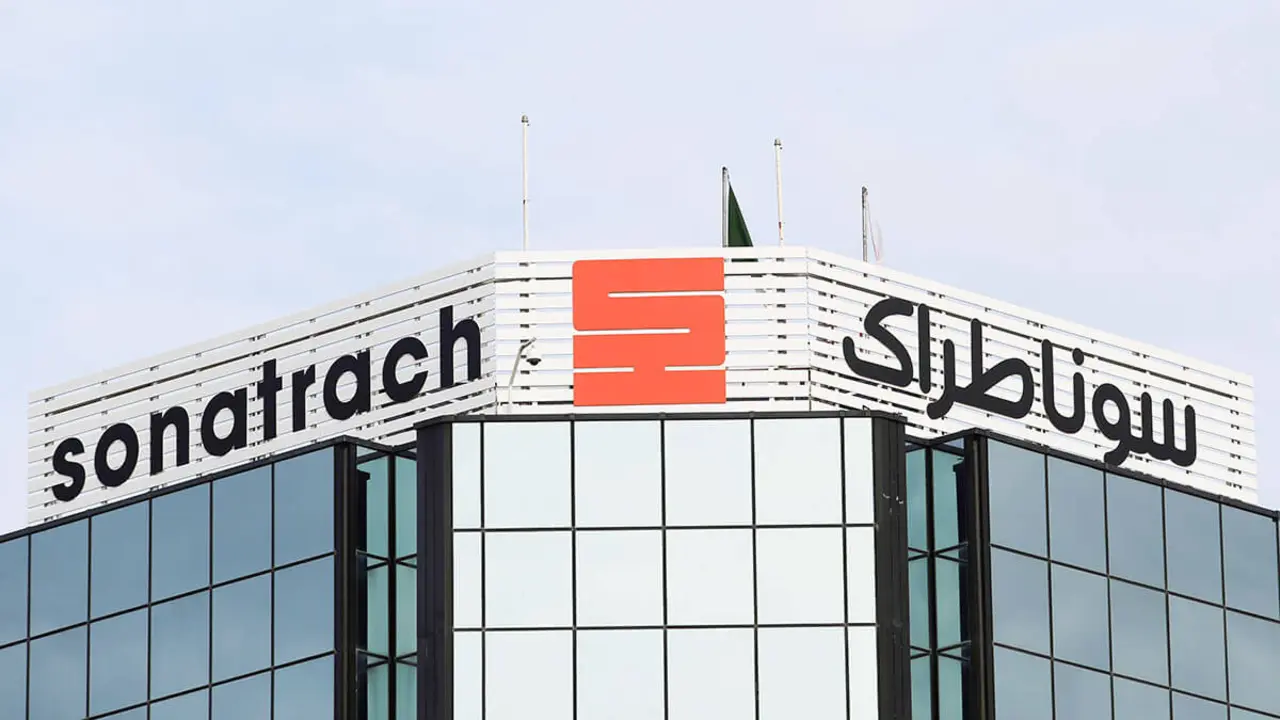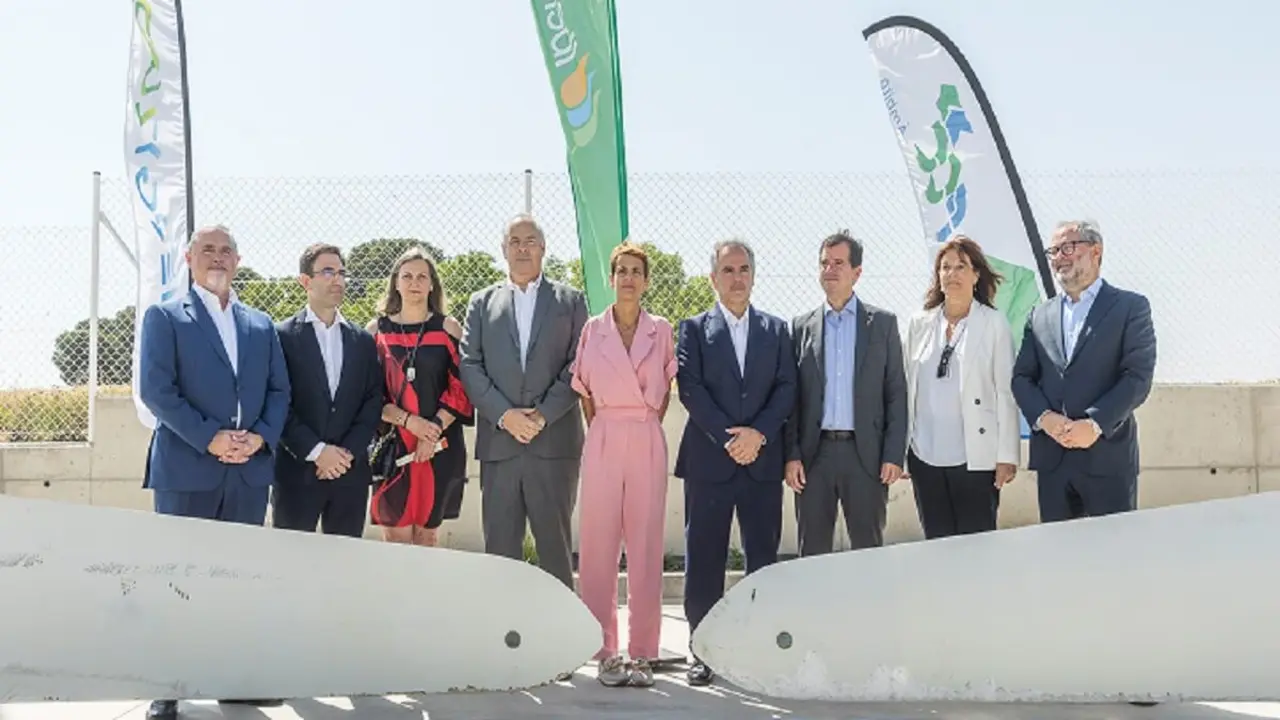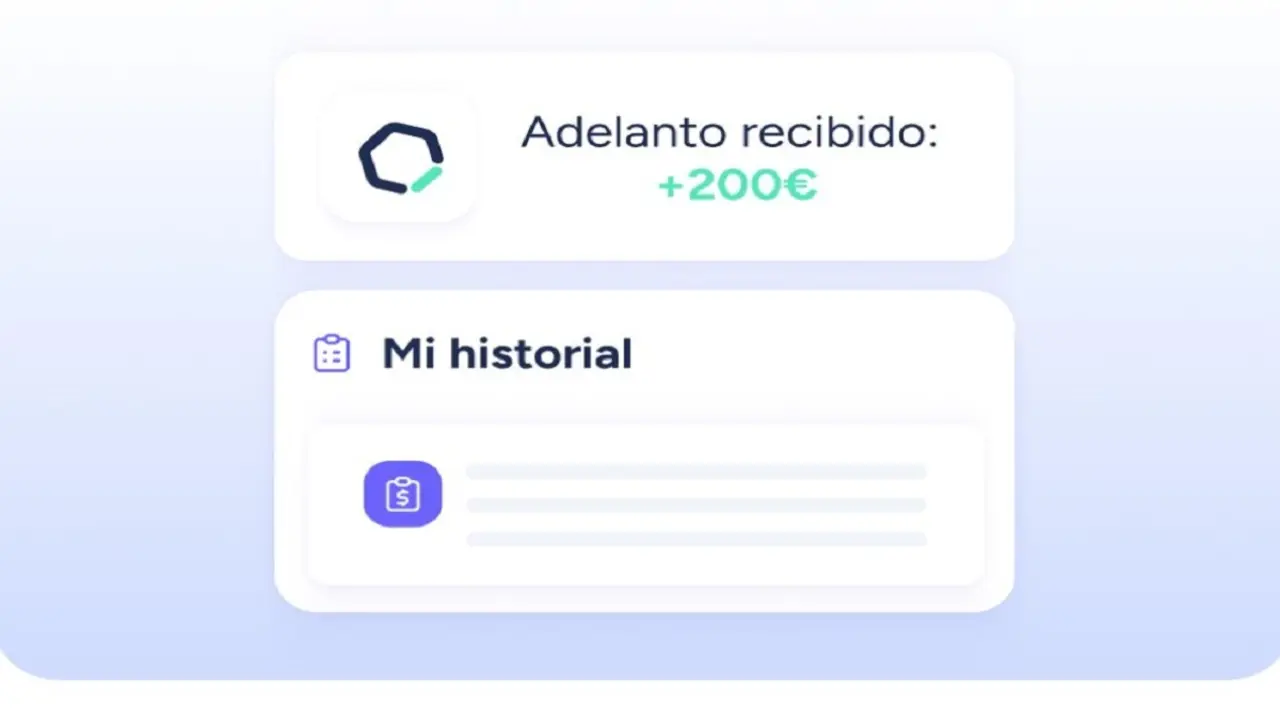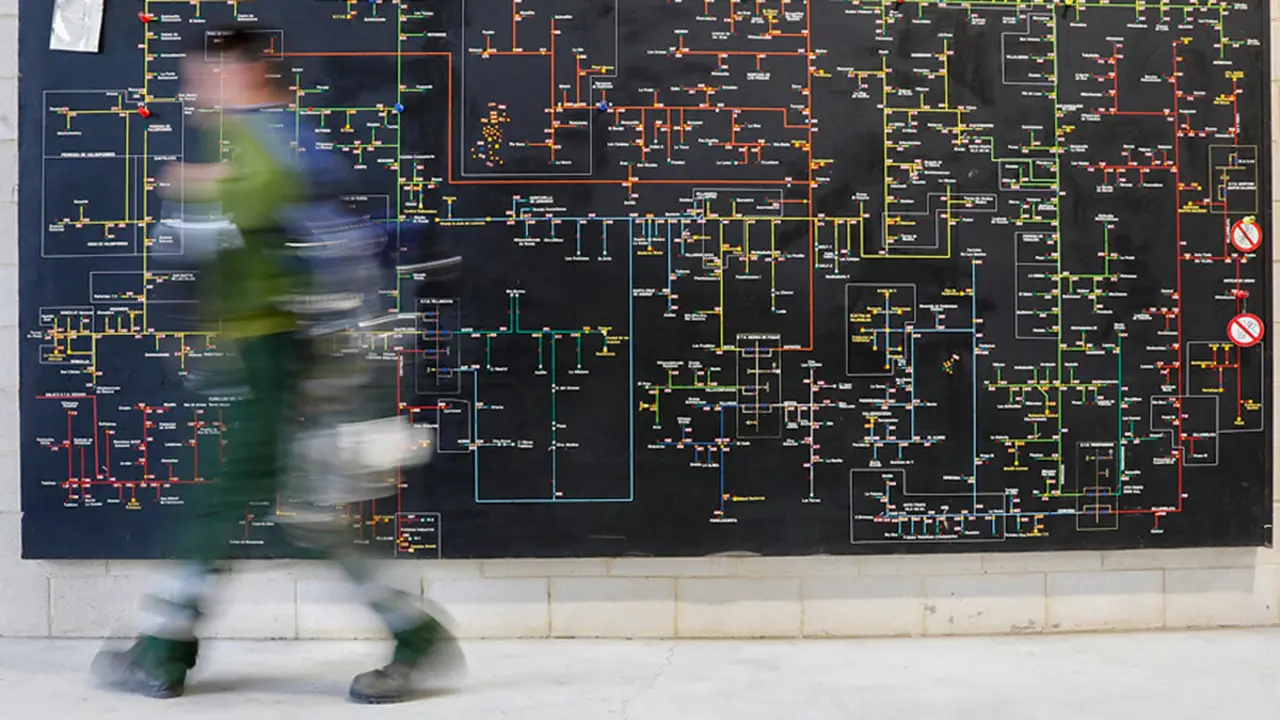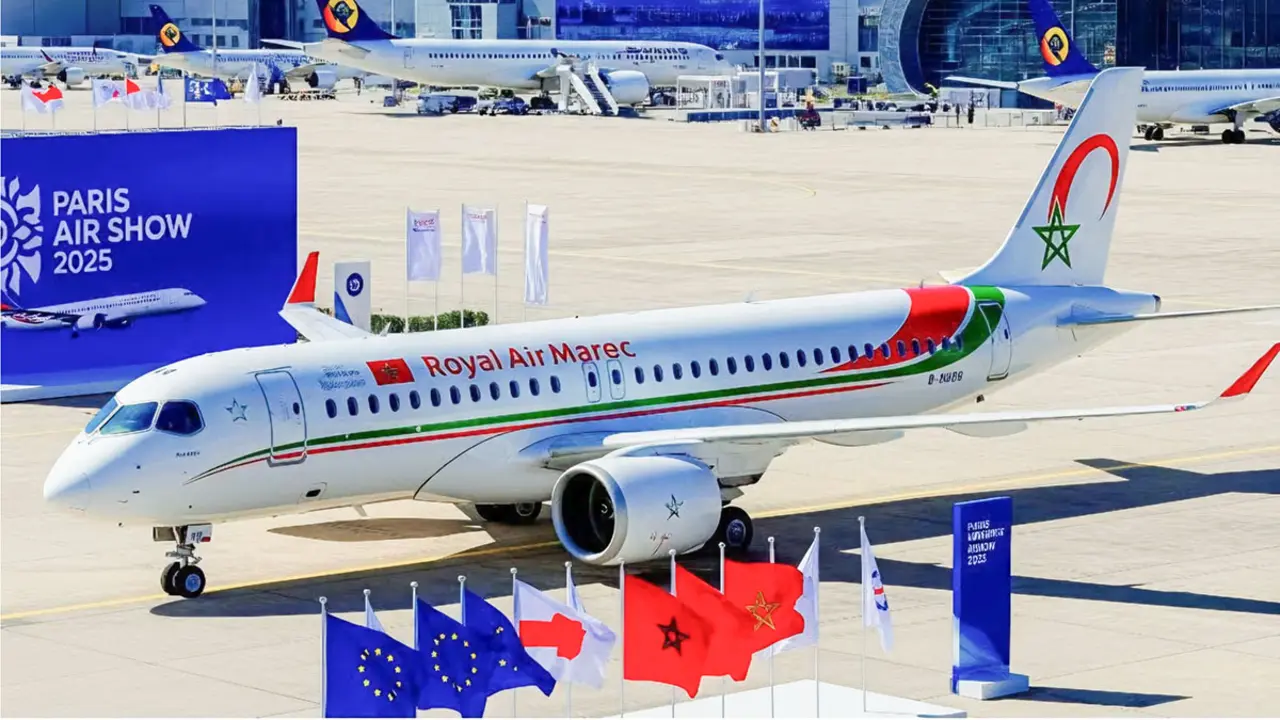Economic recovery begins to take hold in the Gulf

Economists say that the worst of the economic crisis caused by the COVID-19 is beginning to dissipate in the Gulf. The countries that are part of the Gulf Cooperation Council (GCC) are emerging from the depths of the recession in the second quarter thanks to the lifting of restrictions and the recovery in oil prices, according to the Gulf Post Office. However, the pace of economic recovery is likely to be gradual and affected by tight fiscal policies and rising unemployment.
Oil prices remain well below the level needed to balance GCC budgets, and economic policies during the pandemic times have been largely geared towards fiscal consolidation to limit the deficit, says Monica Malik, chief economist of the Abu Dhabi Commercial Bank, in statements collected by the Gulf Post Office. During the second quarter, GCC governments announced closures and suspensions of domestic and international flights, and economists predicted that this would be the worst economic quarter in the region in which life was almost at a standstill. But as regional economies reopen after the decline in new Covid-19 cases, economic activity will recover in the coming months.

Malik explains that a clear exception to this trend within the region is Abu Dhabi, reflecting its stronger fiscal buffers and previously implemented tax reforms. After a contraction of between 6.9% and 4.4% according to Abu Dhabi Commecial Bank estimates, all countries in the region will recover strongly next year with growth of up to 3%. Malik indicates that public works awards have declined sharply in the second quarter, but there are some signs of continued progress with constructions that governments are supporting economically (Abu Dhabi) or where funds are available, such as Saudi Arabia. "Given the prospects of fiscal deficit, foreign capital will be even more crucial to progress in the projects planned to diversify the economy," the economist says.
It is also essential for a more significant recovery in key non-oil sectors of the GCC, such as aviation, tourism and hotels, among others, along with increased demand for oil. "We see a general tightening of fiscal policy across the GCC in response to the sharp fall in hydrocarbon prices," Malik predicted. For the more diversified GCC economies such as the United Arab Emirates, Malik has pointed out that the key point of recovery in foreign demand will be essential, especially the key non-oil sectors such as tourism and hotels, aviation, trade and logistics. "We also expect to see downward pressure on property prices in the UAE given the lower international interest, adding to the pressures of the expected population decline," he explains.

The return of expatriates to their home countries due to the COVID-19 pandemic has also hit the GCC countries' finances and could still take years to fully recover to pre-health crisis levels. Vipul Kapur, head of private banking at Mashreq Bank, has pointed out that the COVID-19 has only accelerated trends that were already underway before the arrival of the crisis in the GCC. "Before the crisis, the Gulf countries implemented solid plans to diversify their economies, while taking advantage of their strength in the energy and petrochemical sectors. In addition, member states began to focus on other industries that serve national needs, such as food security, technology and health care," Kapur concluded.

